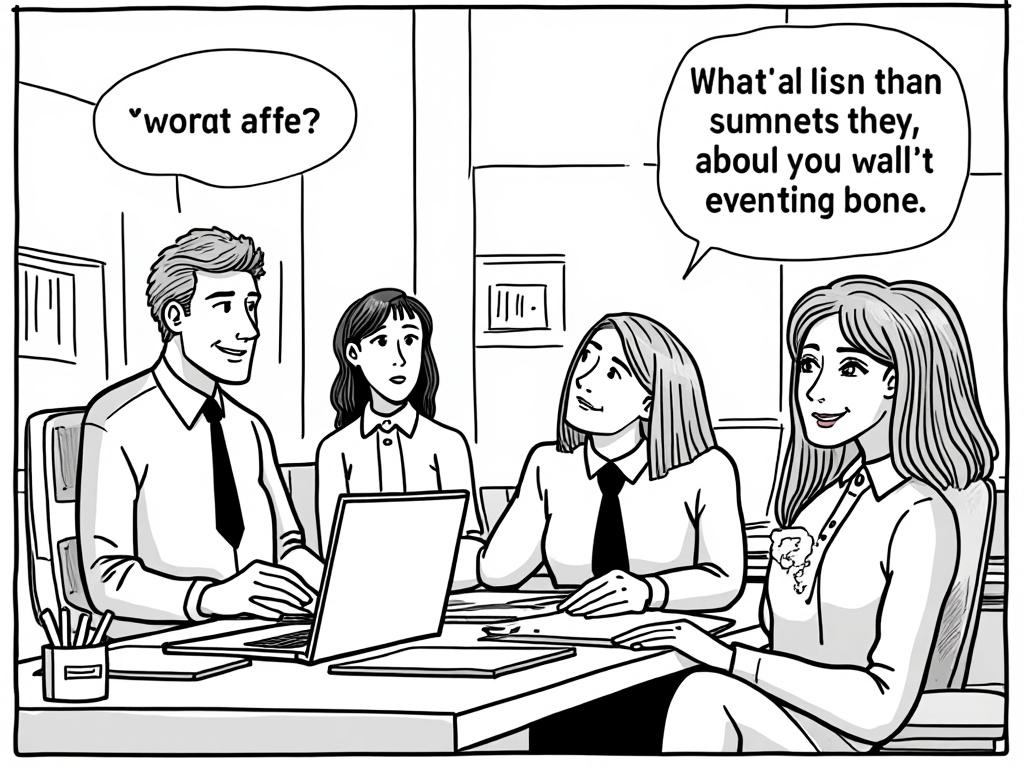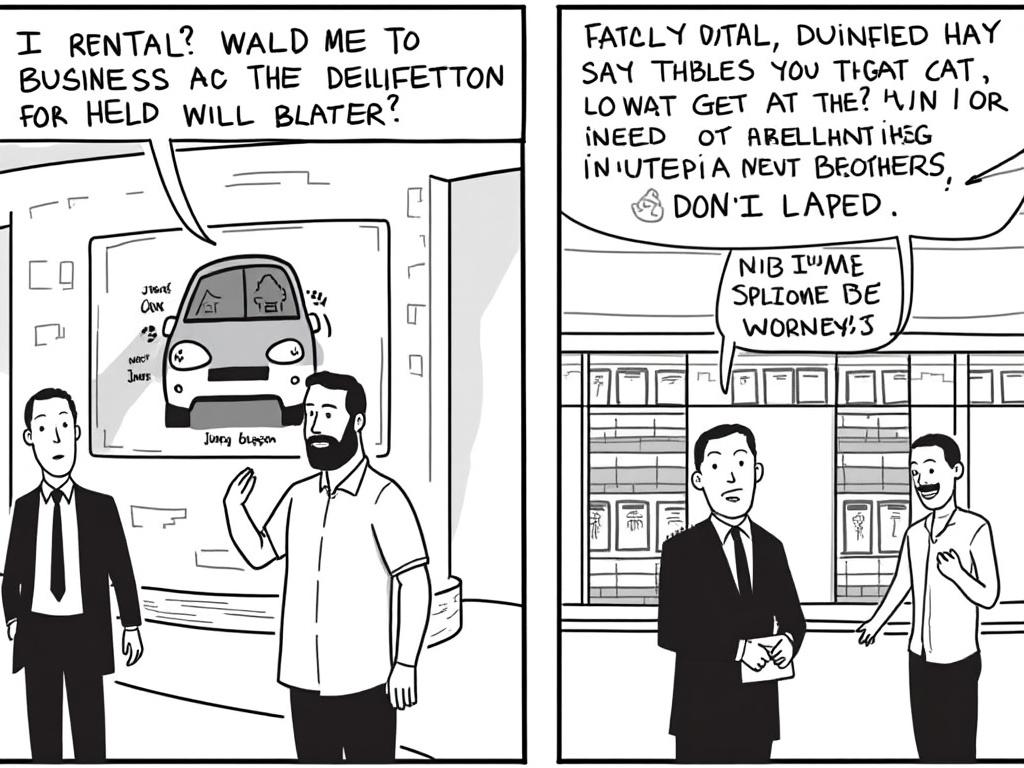
Social Welfare Programs in Greece: Navigating Support Systems in Times of Change
Reading time: 12 minutes
Ever wondered how Greece maintains its social safety net despite years of economic turbulence? You’re about to discover a complex but resilient welfare system that’s been quietly transforming while supporting millions of citizens through unprecedented challenges.
Table of Contents
- The Greek Welfare Landscape: Current State
- Essential Social Support Programs
- Healthcare and Medical Coverage
- Unemployment Benefits and Job Support
- Housing Assistance and Affordable Living
- Navigating System Challenges
- Building Resilience: Your Strategic Approach
- Frequently Asked Questions
The Greek Welfare Landscape: Current State
Here’s the straight talk: Greece’s social welfare system isn’t just surviving—it’s adapting. Despite the economic crisis that began in 2010, the country has maintained a comprehensive network of social programs that serve approximately 10.7 million residents.
Key System Insights
- Universal healthcare coverage reaching 98% of the population
- Multi-tiered pension system supporting 2.6 million retirees
- Targeted poverty reduction programs serving 700,000+ households
- Digital transformation streamlining benefit applications
The system operates on three fundamental pillars: social insurance, social assistance, and social services. Think of it as a three-legged stool—each component supports the others to create stability for Greek families.
Recent Transformation Highlights
Since 2019, Greece has invested €2.1 billion annually in social protection, representing about 12% of GDP. This investment has yielded tangible results: poverty rates dropped from 36% in 2014 to 30% in 2022, while social exclusion decreased by 4 percentage points.
Welfare System Performance Comparison
Essential Social Support Programs
Well, here’s where it gets practical. Greece operates several flagship programs that directly impact daily life. Let’s break down the ones that matter most:
The Social Solidarity Income (KEA)
This is Greece’s primary anti-poverty program, serving as a guaranteed minimum income scheme. Launched in 2017, KEA provides monthly payments ranging from €200 for single-person households to €500 for families with multiple children.
Real-world example: Maria, a single mother from Thessaloniki, receives €360 monthly through KEA, plus additional support for her two children. This assistance covers roughly 40% of her basic living expenses, allowing her to maintain stable housing while seeking employment.
Child Benefits and Family Support
The Child Benefit program provides €70 monthly per child, with additional allowances for large families. Families with three or more children receive supplementary support through the Large Family Card, offering discounts on utilities, transportation, and education.
| Program | Eligibility | Monthly Benefit | Additional Support |
|---|---|---|---|
| Social Solidarity Income | Income below poverty line | €200-€500 | Healthcare, housing assistance |
| Child Benefit | Families with children | €70 per child | School meals, supplies |
| Disability Allowance | 67%+ disability rating | €280-€420 | Transportation, equipment |
| Senior Care Benefit | Age 65+, low income | €180-€350 | Home care services |
Healthcare and Medical Coverage
Greece’s National Health System (ESY) provides universal coverage, but here’s what you need to know about accessing services effectively:
Coverage Essentials
Every Greek resident receives a Social Security Number (AMKA) that grants access to:
- Primary care through local health centers
- Specialist consultations with referral system
- Hospital treatment including emergency services
- Prescription medications with co-payment system
Practical tip: Register with a local health center (Kentro Ygeias) within your area. This becomes your gateway to the entire system and ensures continuity of care.
Pharmaceutical Support
The EOPYY (National Organization for Healthcare Services Provision) covers 90% of essential medication costs. Chronic disease patients receive additional support through specialized programs covering diabetes, cardiovascular, and cancer treatments.
Unemployment Benefits and Job Support
Quick scenario: You’ve lost your job in Athens. What support can you expect? Let’s dive deep into the unemployment safety net that’s designed to bridge transitions, not create dependencies.
Regular Unemployment Benefit
Standard unemployment insurance provides 55% of previous salary for up to 12 months, with minimum payments of €360 monthly. To qualify, you need at least 125 days of contributions in the previous 14 months.
Long-term Unemployment Support
After regular benefits expire, the Long-term Unemployment Benefit (MEA-MED) offers €200 monthly for up to 12 additional months, contingent on active job searching and training participation.
Success story: Dimitris, a 45-year-old construction worker from Patras, used his unemployment period to complete digital skills training through OAED (Employment Organization). After 8 months, he secured employment in facility management, earning 20% more than his previous position.
Youth Employment Programs
Recognizing that youth unemployment peaked at 58% during the crisis, Greece launched targeted initiatives:
- Youth Guarantee ensuring job or training offers within 4 months
- Apprenticeship programs combining work and education
- Startup support through grants and mentorship
Housing Assistance and Affordable Living
Housing costs consume nearly 40% of average Greek household income, making assistance programs crucial for stability. The government has developed multi-faceted approaches to address this challenge.
Housing Allowance Program
Launched in 2020, this program provides monthly rent subsidies of €70-€210 based on income and family size. Priority goes to young professionals, seniors, and families with children.
For those considering property ownership, exploring options like flats for sale in greece can provide long-term housing stability, especially with current favorable market conditions and EU recovery fund investments in infrastructure.
Social Housing Initiatives
The Social Housing Organization (OEK) manages approximately 15,000 units nationwide, with rent set at 30% below market rates. New construction projects funded by EU recovery funds will add 5,000 units by 2026.
Navigating System Challenges
Let’s address the elephant in the room: accessing Greek social services isn’t always straightforward. Here are the three most common hurdles and strategic solutions:
Challenge 1: Bureaucratic Complexity
The problem: Multiple agencies handle different benefits, creating confusion and delays.
Strategic solution: Use the unified digital platform “gov.gr” for initial applications. Create accounts early, even before you need services. The Citizens Service Centers (KEP) provide one-stop assistance for complex cases.
Challenge 2: Language Barriers
The problem: Most documentation exists only in Greek, limiting access for international residents.
Strategic solution: Contact local NGOs like Greek Council for Refugees or Solidarity Now, which provide translation services and application assistance. Many municipalities now offer multilingual support.
Challenge 3: Processing Delays
The problem: Benefit approvals can take 3-6 months due to high demand.
Strategic solution: Apply early and maintain detailed records. Use interim support from municipal emergency funds and NGO programs while waiting for approval.
Building Resilience: Your Strategic Approach
Ready to transform potential welfare challenges into strategic opportunities for stability? Here’s your personalized roadmap for navigating Greece’s social support landscape effectively:
Immediate Action Steps
- Document registration: Secure your AMKA and tax identification number within your first month of residency
- Establish connections: Register with local health centers and employment offices before you need services
- Digital preparation: Create gov.gr and OAED online accounts to streamline future applications
- Local network building: Connect with community centers and NGOs in your area for ongoing support
Medium-term Strategic Planning
The Greek welfare system is increasingly emphasizing activation over passive support. Position yourself advantageously by:
- Engaging with job training programs that align with EU digital and green transition priorities
- Exploring entrepreneurship support through programs like “Entrepreneurship for All”
- Building language skills through free courses offered by municipalities
Long-term Resilience Factors
As Greece continues modernizing its social protection system with €4.2 billion in EU Recovery Fund investments, staying informed about emerging opportunities becomes crucial. The focus is shifting toward preventive social services and digital-first delivery methods.
Pro tip: The right approach isn’t just about accessing current benefits—it’s about positioning yourself for the evolving opportunities that Greece’s modernization efforts will create.
Consider this: How will you leverage these support systems not just as safety nets, but as stepping stones toward greater stability and opportunity? The most successful welfare beneficiaries in Greece are those who view programs as temporary bridges while building long-term resilience.
Frequently Asked Questions
How long does it take to receive social benefits in Greece?
Processing times vary by program: Child benefits typically process within 30-45 days, while Social Solidarity Income (KEA) can take 2-4 months. Healthcare coverage is immediate upon AMKA registration. Submit applications early and maintain regular follow-up to expedite processing.
Can EU citizens access Greek social welfare programs?
Yes, EU citizens with legal residence in Greece can access most social programs after establishing residence and obtaining necessary documentation (AMKA, tax number). Some benefits require minimum residence periods—typically 6 months for social assistance and immediate access for emergency healthcare.
What happens if my benefit application is rejected?
You have the right to appeal within 30 days of notification. Contact the issuing agency for specific appeal procedures, gather additional documentation if needed, and consider seeking assistance from legal aid organizations or NGOs that specialize in social welfare advocacy.

Article reviewed by Clara Schneider, Central European REITs | Dividend-Focused Portfolio Architect, on June 6, 2025





